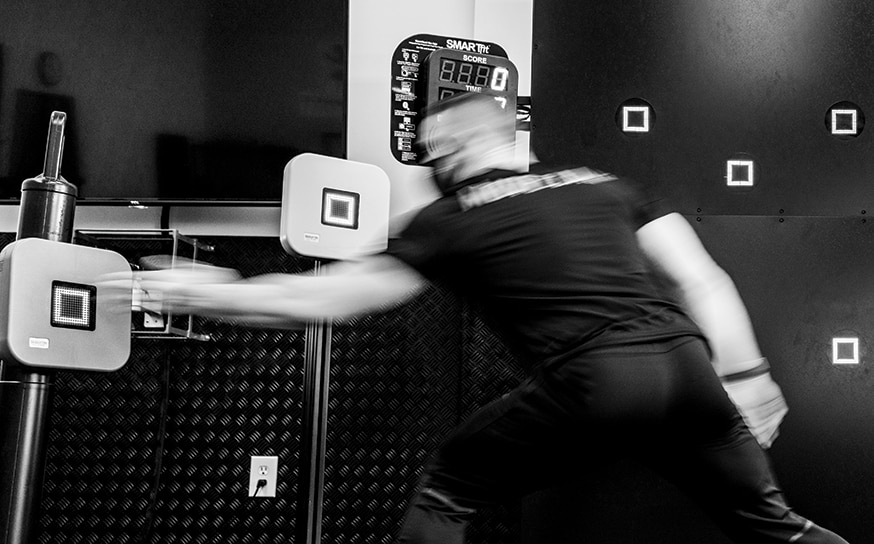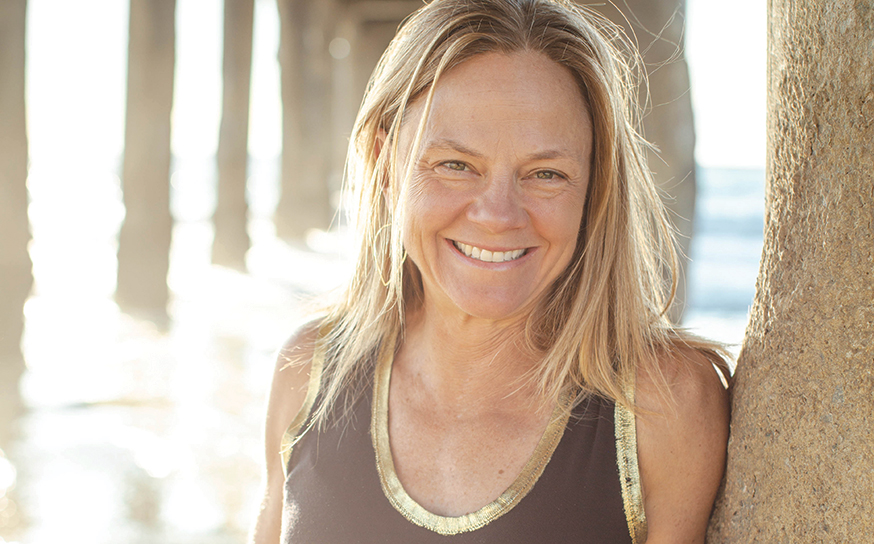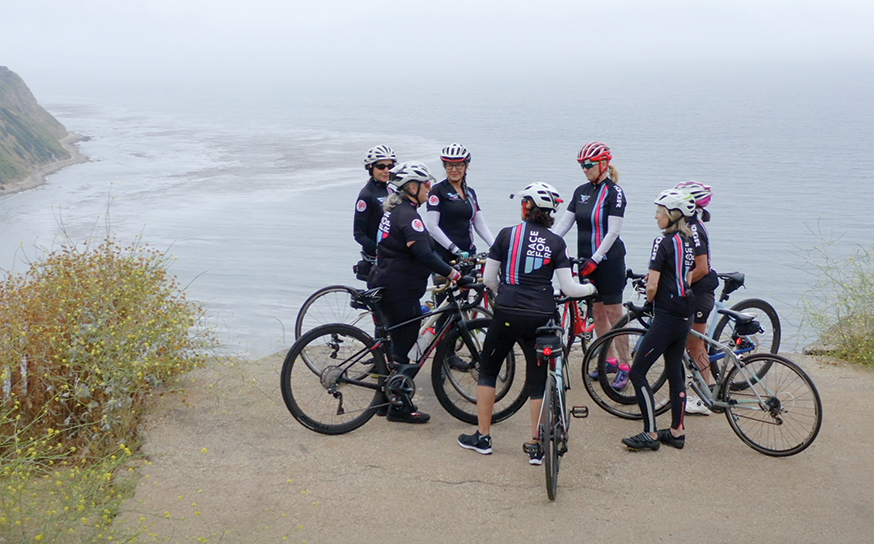Move Lab Utilizes the Latest Technologies in Sports Science to Rehabilitate and Enhance the Clients’ Performance
Science and mobility.
- CategoryHealth
- Written byAmber Klinck
- Photographed byShane O’Donnell
For most of his life, sports and medicine have been parallel focal points for Jeffrey Riepe. He played football, ran track and weight-lifted competitively in his youth. With aspirations to go into medicine after recovering from a sports-related injury, a career in orthopedic surgery seemed a befitting path for the young athlete.
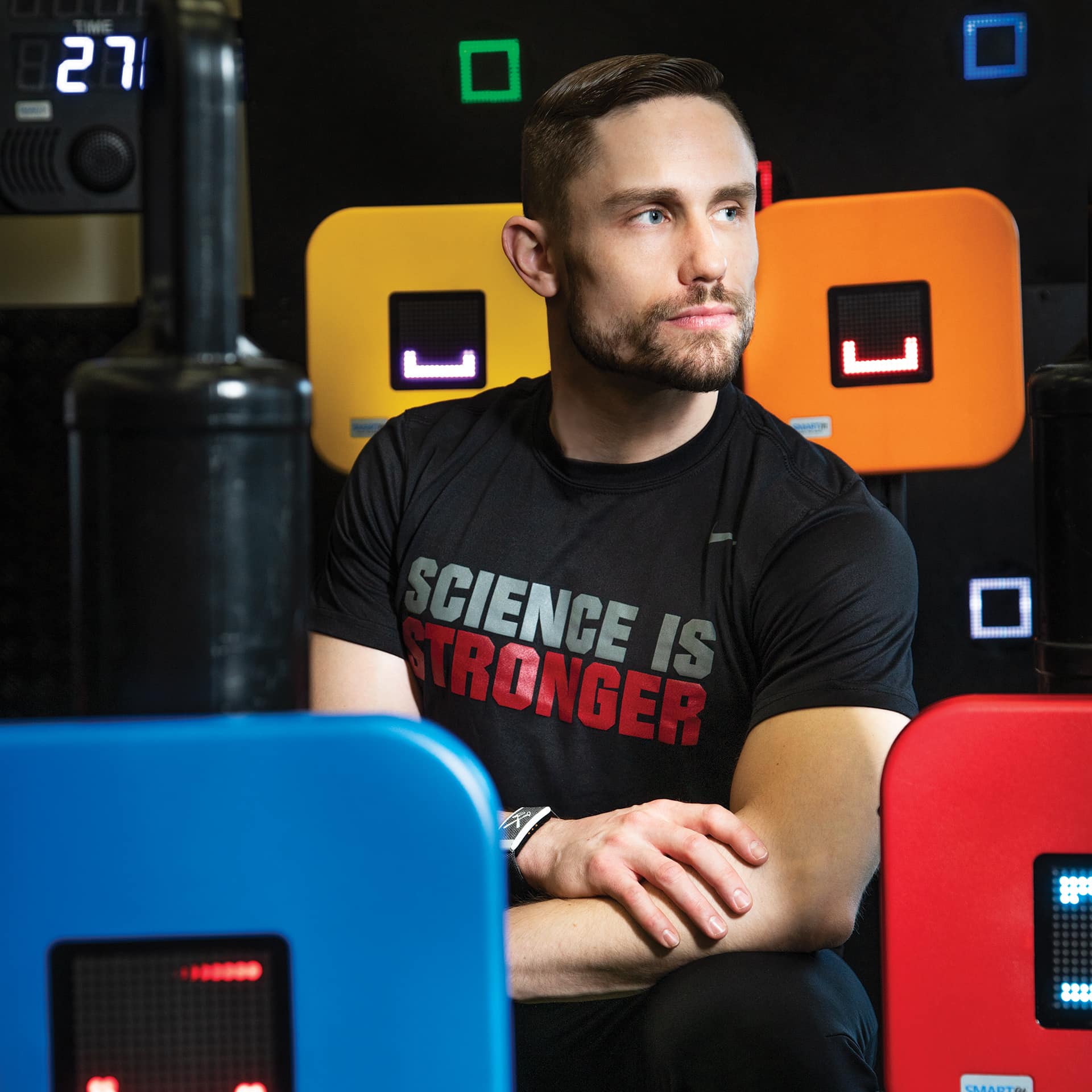
But after working in sports medicine with the Minnesota Vikings, Jeff opted to go in another direction. “I’m an athletic trainer as well,” he notes. “I was originally thinking about orthopedic surgery up until I was 19. At that point I had torn my meniscus. It was so stupid, just a fluke accident on a warm-up squat that took me out of football. I came back my junior and senior year and then got an offer to play at my undergrad, but I turned it down to do athletic training instead.”
“Everybody can capture and collect data; it’s what you do with it that matters.”
His work with the Minnesota Vikings was an inspiring experience for Jeff—inspiring enough to alter the direction of his career. “I have a few family members who are doctors,” he notes. “They said if you really want to work with people and you’re already in the pro sports world, you might as well continue on the physical therapy track. You can always open your own practice and collaborate with sports teams.”
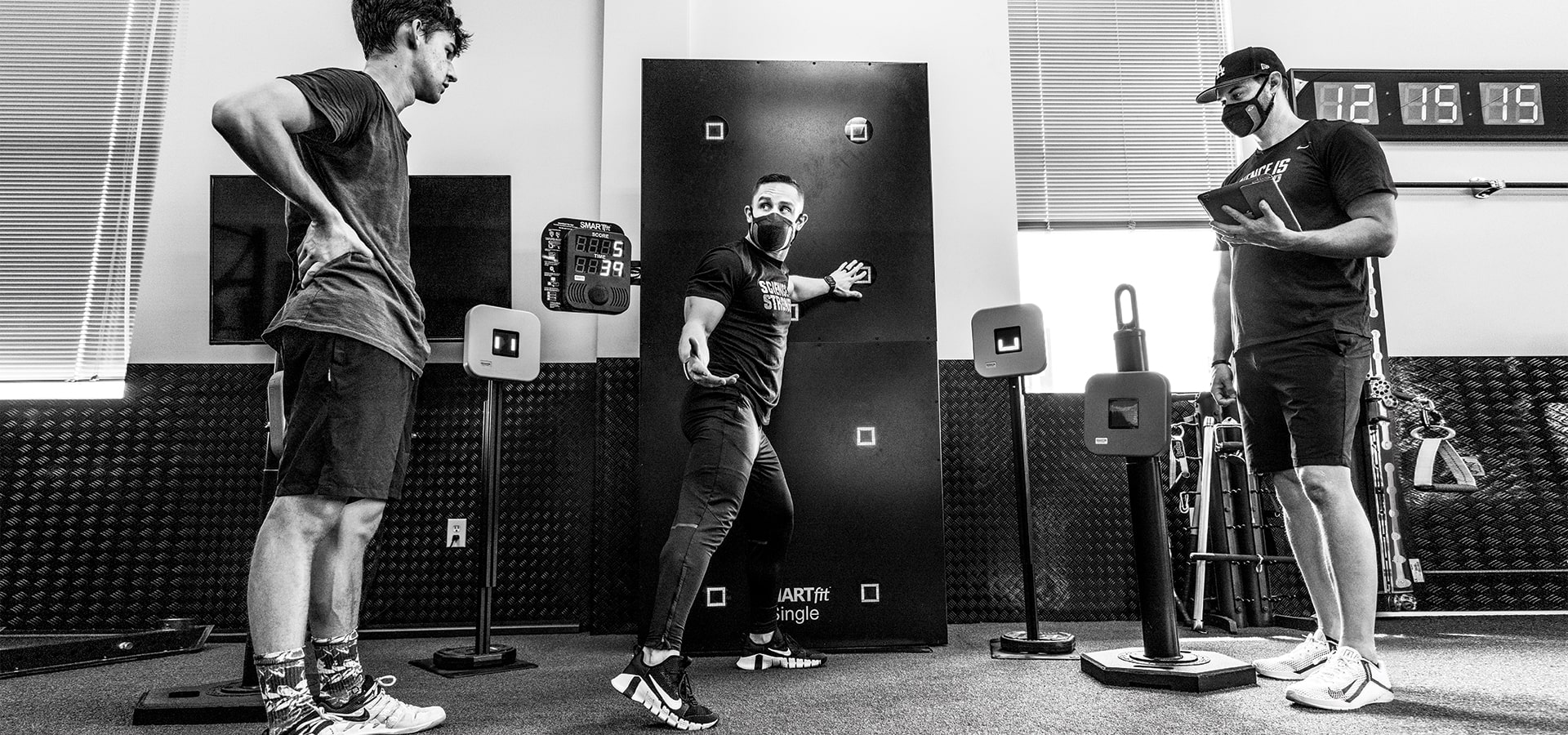
It was also during this period with the Vikings that Jeff became familiar with the work of physical therapist Dr. Chris Powers. “At the time, Adrian Peterson was rehabbing for his ACL,” Jeff says. “The sports medicine staff there utilized Chris to help him get back, and he was a really powerful resource.”
While looking for physical therapy schools, Jeff seized the opportunity to study at the University of Southern California followed by a fellowship with Dr. Powers. “I did my doctorate in physical therapy at [USC],” he notes. “I graduated in 2018 and then completed a fellowship with Dr. Chris Powers in clinical and sports biomechanics.”
It was during his time with Dr. Powers that Jeff saw firsthand the benefits of data-driven rehabilitation, contributing greatly to the opening of his practice, Move Lab. “What gets me passionate about what we do is what I learned from Chris,” Jeff explains. “You need to be able to objectively assess your current status and your progress. It provides a tool to the patient because it gives you peace of mind that you know exactly where you stand. For the practitioner, it allows us to have a steady baseline.”
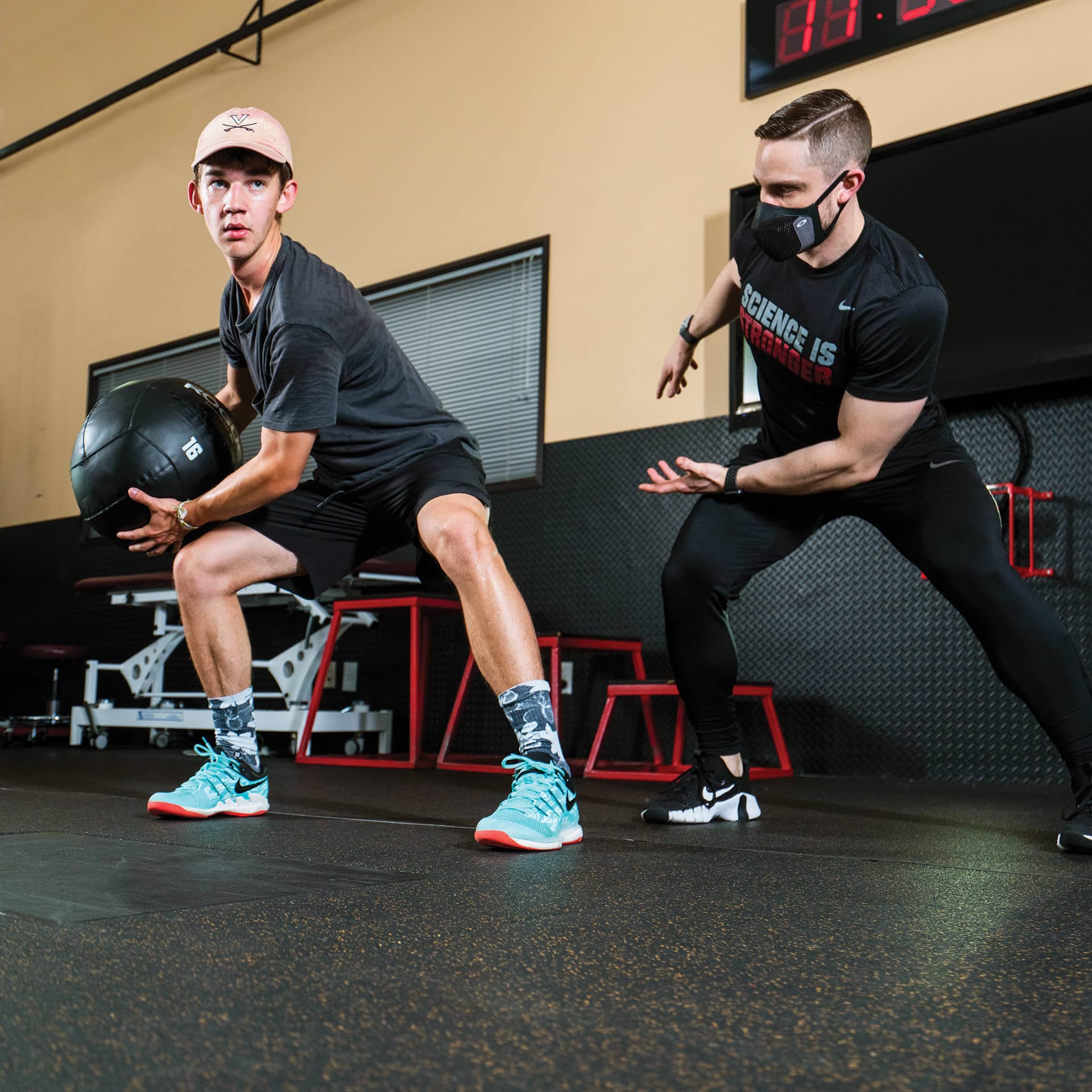
Jeff and his team not only gather relevant data points for their clients; they put that information to work in a meaningful way. “We provide customized, data-driven solutions to provide peace of mind and page-turning results for our clients,” he says. Move Lab caters to patients recovering from an injury, competitive athletes looking to enhance their performance, and active individuals wanting to improve mobility and avoid future injury.
Collecting data has become a health and fitness norm. The market is flooded with wearable devices that can tell you where you’ve gone and how many steps it took to get there. With the touch of a button, you can track your heart rate or open an app that analyzes the quality of your sleep.
But how does having all this information lead to better health? “It’s hard to distinguish between the fluff and what’s actually meaningful,” Jeff explains. “Everybody can capture and collect data; it’s what you do with it that matters.”
The Move Lab team includes strength and conditioning specialists with a background in professional sports and human performance. Utilizing their shared knowledge and broad network of professionals, they objectively assess data points for clients while giving them tools to understand what those data points mean and why they are important.
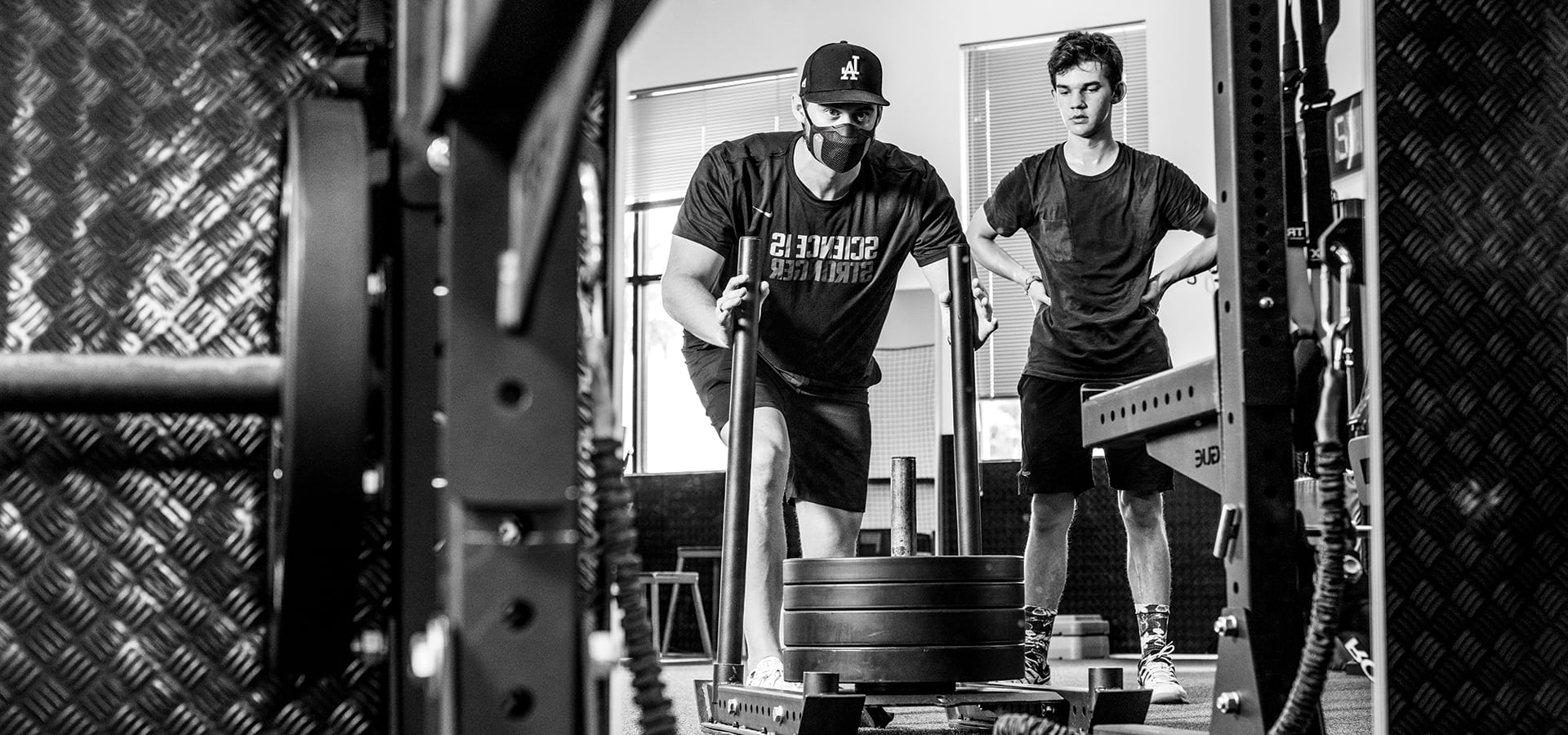
For healthy athletes, data points can provide insight as to how to prevent future injuries. For more competitive athletes, data points can serve as benchmarks for what they need to be training toward. What makes Move Lab so unique is the continuity of care from rehabilitation to high performance.
After working with college-level athletes and professional sports teams, transitioning from rehabilitation treatments to high-performance training was a model Jeff was familiar with and one he felt should be made available to the general public. “There’s a gap that needs to be bridged between straight rehab and high performance,” he says. Move Lab bridges that gap by combining rehabilitation, performance optimization and the latest sports science technology.
Walking through Move Lab with Jeff feels like you’ve been given access to a training camp for the athletic elite. The equipment is all state-of-the-art—each piece designed to provide data on strength, balance and more. There’s even an antigravity treadmill for the postoperative athlete with weight-bearing restrictions.
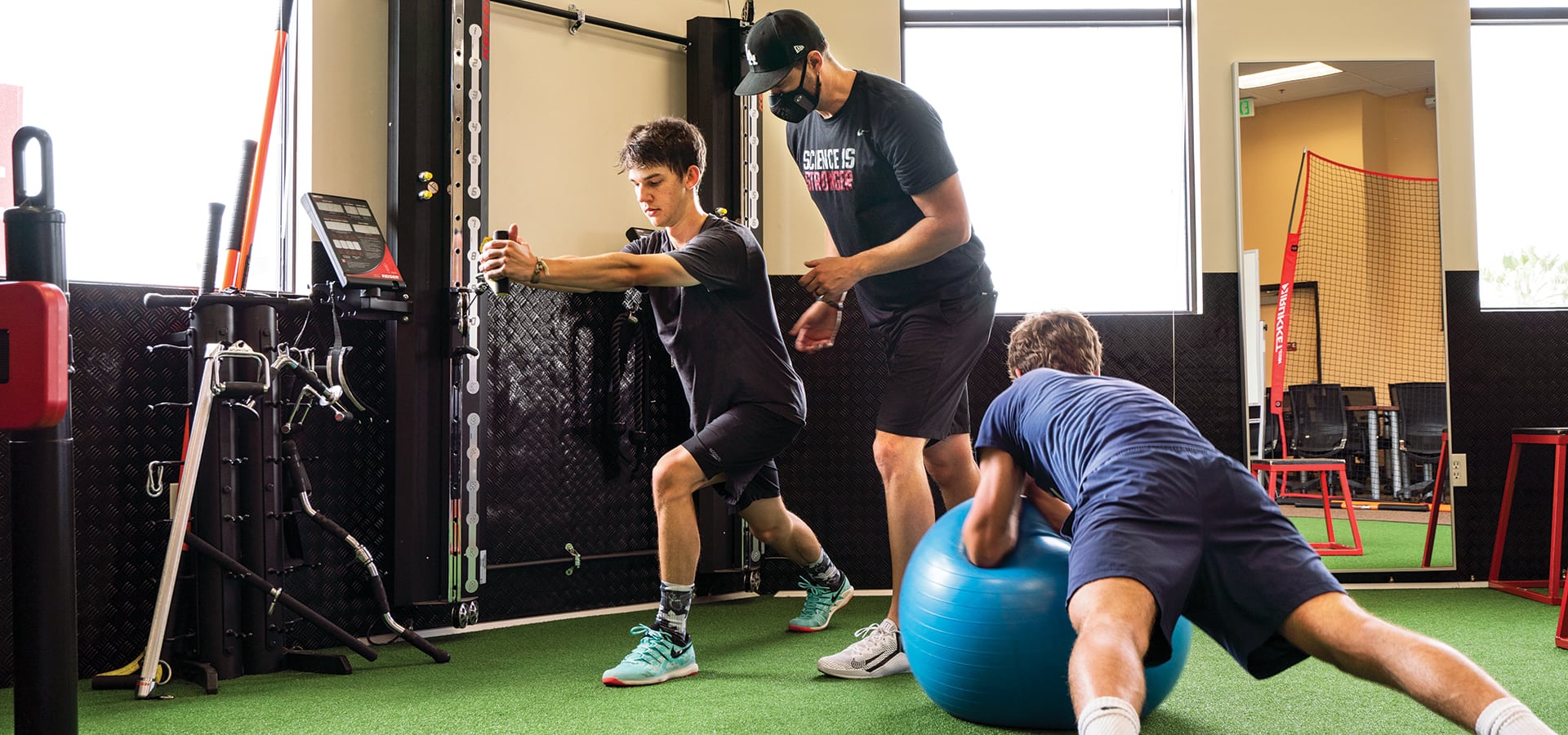
“They can go jogging even if they can only bear 15% of their body weight,” Jeff explains. “There are a few benefits for doing this; range of motion is a big one. Let’s say they have a stress fracture. Light-loading below a certain percentage will actually accelerate bone healing. It’s causing there to be stress on the system—not enough to cause increased damage but enough to facilitate a growth response. So you get improved healing, better range of motion, cardiovascular benefits and general strength.”
To aid clients with their nutritional goals, Jeff and his team collaborate with two sports dietitians. “We do resting metabolic rate testing—essentially the exact amount of calories per day that you burn, as well as your body’s preference toward burning carbs and fats,” he notes. That raw data is used to formulate a diet plan for Move Lab’s athletes based on their prospective goals.
As his practice grows, so does Jeff’s ability to successfully cater to his clients. “Every patient is a data point,” he notes. “We can use our knowledge and our network to bring a lot of great minds and firepower to bear on prevalent issues like ACL tears and youth sports injuries.”
Knowledge is power, and Dr. Jeffrey Riepe is using his to keep his athletes healthy, strong and injury-free.






